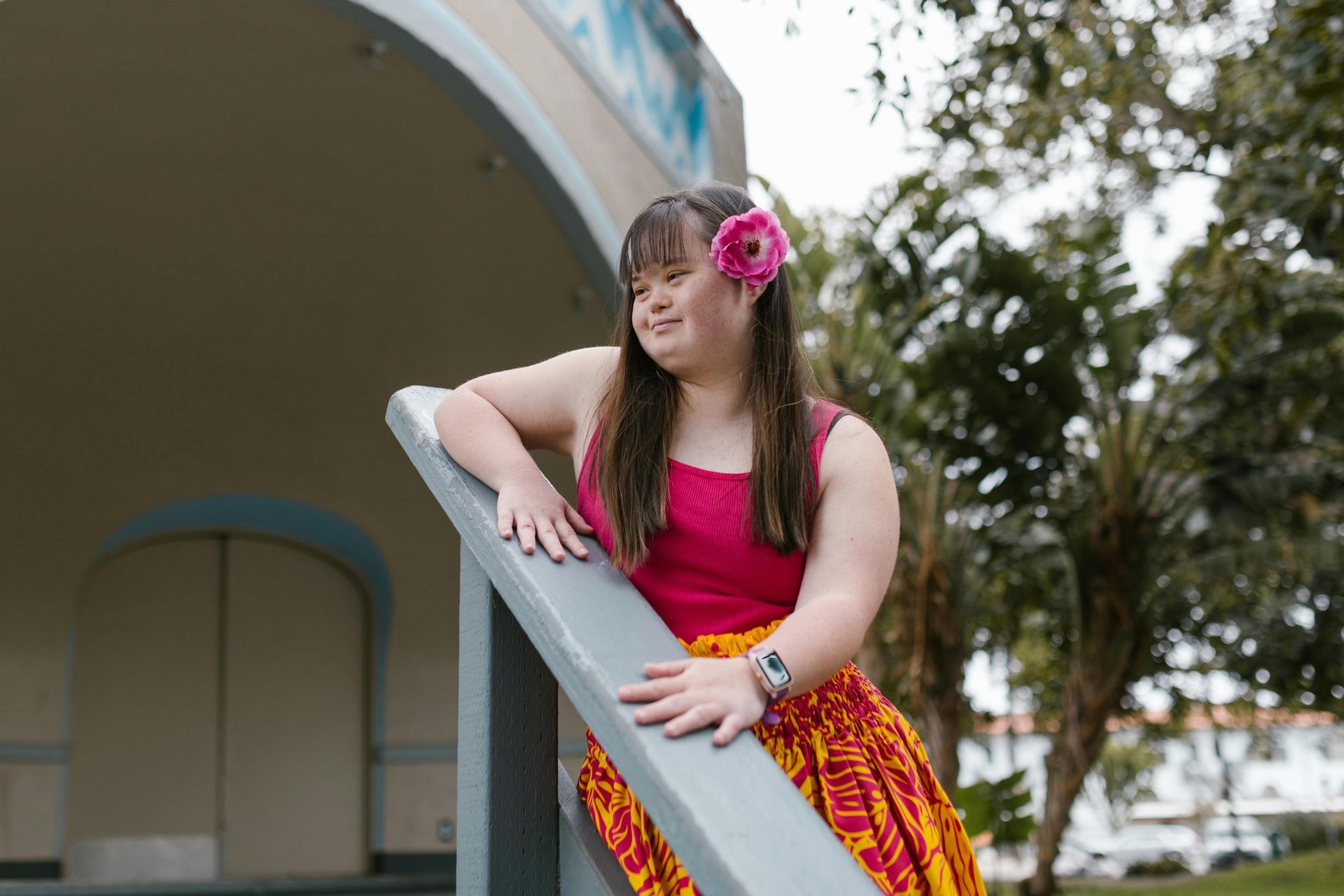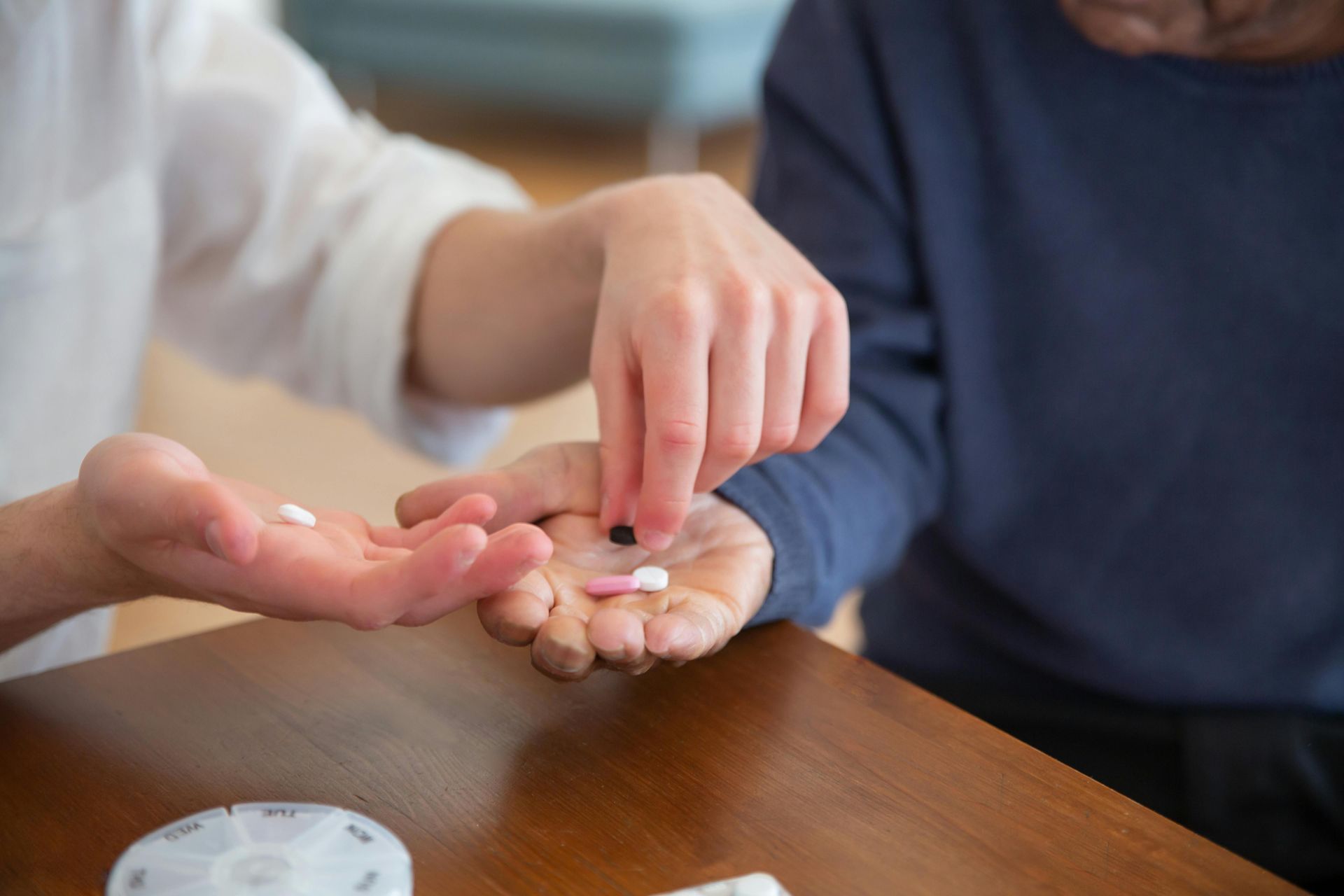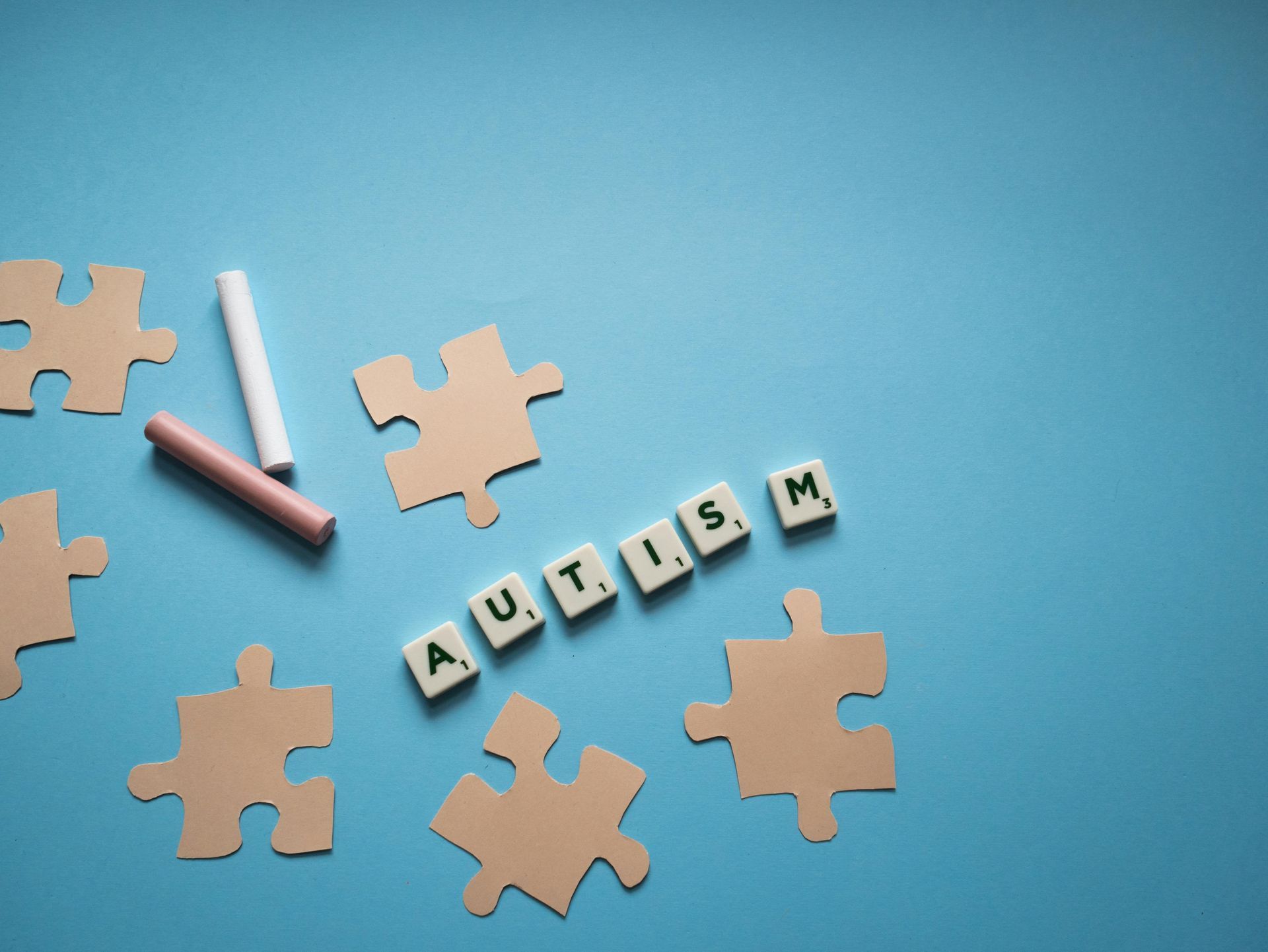Being a caregiver to an adult with developmental disabilities is rewarding and something you probably don’t question at all.
But it can also create stress in your life that can get out of hand if you’re not paying attention. Here are five signs you may be experiencing stress.
You’re Feeling Overwhelmed, Sad, or Moody.
Feelings of sadness and even just shifting moods can be a warning sign for you. You may also be feeling overwhelmed, even on days that aren’t especially taxing normally. These are signs that you aren’t doing as well as you might think that you are.
Your Energy Levels Are Consistently Low.
If you’re doing everything right in terms of getting healthy amounts of sleep, eating healthy foods, and all the rest, your energy levels should be fairly decent. You might wake up with the energy you need to tackle the day and then end up tired at the end, but that’s normal. But if you’re finding that your energy levels are consistently lower than usual, that’s a bad sign.
You Can’t Sleep or You Can’t Stop Sleeping.
Some caregivers are especially inclined to experience trouble with their sleep schedules. You may find that you’re having trouble getting to sleep or staying asleep. That interrupted sleeping schedule keeps you from truly resting. On the flip side, though, you might find that you’re having trouble getting out of bed and staying awake. This can happen when you’re feeling depressed.
You’re Feeling Resentful toward Your Family Member.
No matter how long you’ve cared for your family member, you may suddenly find that you’re experiencing resentment on a daily basis. You might be missing spending time with other family members and friends or you might be missing the time you used to have to engage in certain activities. No matter what you’re feeling that you’ve lost, the resentment can build and build, doing damage as it does.
You Don’t Do the Things You Used to Enjoy Doing.
If you’re no longer doing the things that you used to enjoy doing, that’s a problem. You need to make time for yourself as much as you can. When your help is needed on a full-time basis, that’s difficult to do. You may need to assess if you’re seeking help and how you could be doing so more effectively.
Home care for adults with developmental disabilities can help you with all of these issues and more. If you’ve been reluctant to ask for help in the past, you might want to give the idea another thought and see how much you’re able to benefit.
If you or an aging loved-one are considering professional home care for adults with developmental disabilities in Bethesda, MD , please call the caring staff at Global Hands Inc. Call today 240-264-0769.










